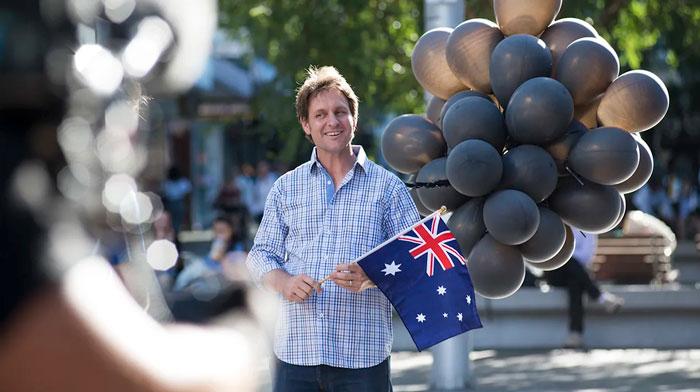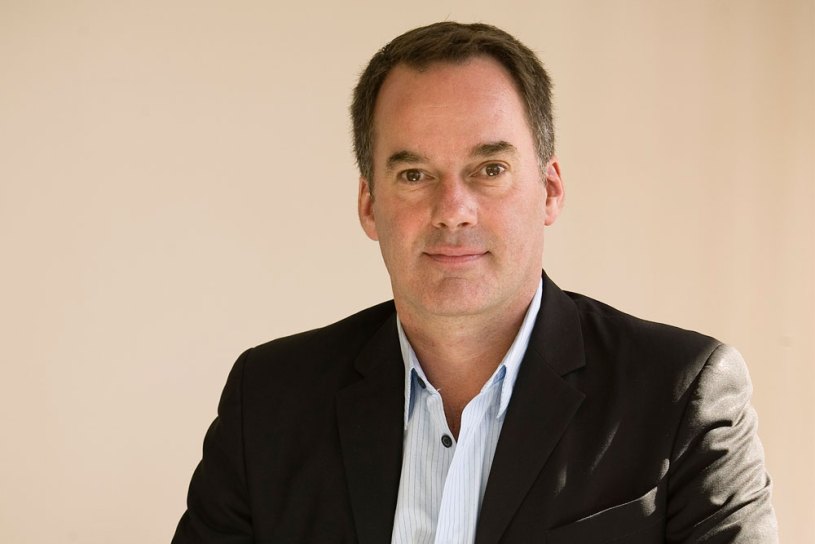Graeme Mason.
Screen Australia CEO Graeme Mason has challenged Screen Producers Australia’s claims that the Federal Government’s media reforms will slash TV drama and children’s production by up to 50 per cent and cost thousands of jobs.
SPA CEO Matt Deaner had warned the reducing the Producer Offset for feature films to 30 per cent could well mean the end of the line for many features and he blasted the effective abolition of children’s content quotas, the watering down of drama and documentary requirements and the halving of requirements for subscription TV.
Asked about SPA’s position during a Senate Estimates hearing by Labor Senator Anne Urquhart last week, Mason said: “In my personal view I would not suggest that is an accurate assumption of what is going to happen.
“Some broadcasters may have reduced some of their requirements for local content but so many new content providers are coming on line there are many more places to take that content.”
Mason stressed the benefits of raising the TV Producer Offset to 30 per cent and the additional funding in the federal budget of $30 million to Screen Australia and $20 million to the Australian Children’s Television Foundation over two years from July 1 2021.
“You will not see such a dramatic collapse in content creation,” he said.
He told the hearing that the combination of Screen Australia’s emergency funding and support to help get productions started, combined with the $50 million Temporary Interruption Fund (TIF), has facilitated the safe return to work of productions with total budgets of more than $270 million.
The TIF scheme, which underwrites the risk that productions will be forced to stop if key members of cast and crew are infected with COVID-19, has been virtually fully committed, assisting 20 productions. None has yet made a claim on the fund, which underlines how effectively the COVID Safe protocols are being implemented.

‘Fight for Planet A: Our Climate Challenge.’
Greens Senator Sarah Hanson-Young questioned whether the agency had done any modelling on the impact of reducing the Offset for features and he said no. He added that Screen Australia did not make specific proposals to the government, beyond those options outlined in the Options Paper.
She asked officials from the Communications Department how much funding would be lost to features and how much TV projects would gain according to its modelling, and was told that information would be provided.
Hanson-Young queried Mason about the impact of removing the ‘Gallipoli’ clause from the Producer Offset, which allows production costs incurred in other countries to be claimed.
“That focuses on Australian production onshore, which is in line with the way equivalent offsets work in other countries,” he replied.
National Party Senator Bridget McKenzie asked Mason why Screen Australia supported the ABC climate change documentary Fight for Planet A: Our Climate Challenge, implying it was biased against the country’s beef producers.
Mason said the agency invested $625,000 in the Lune Media production fronted by Craig Reucassel. Asked how the agency checked the integrity of the documentary, he said that, as with any documentary project, it would look at the creative team involved, the commissioning partner and the synopsis, and consult internal and external assessors.
“There is no obligation to check for balance?” she asked. He said: “No, we would normally rely on the producers and the distribution platform for that.”


